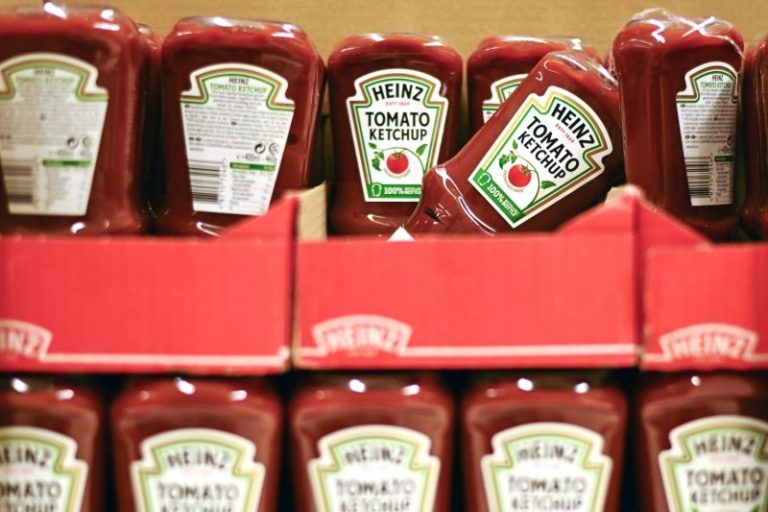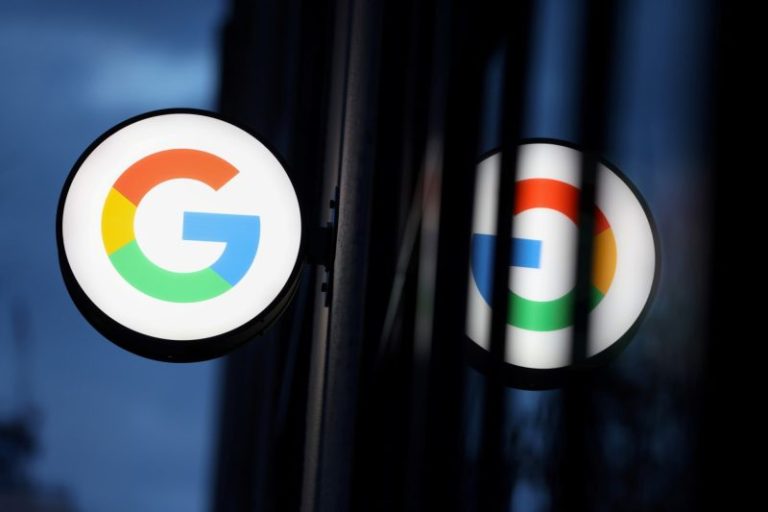Kraft Heinz will split into two companies, reversing much of the blockbuster $46 billion merger from a decade ago that created one of the biggest food companies in the world.
The first of the two new companies, which are not yet named, will primarily include shelf-stable meals and will be home to brands such as Heinz, Philadelphia and Kraft mac and cheese. Kraft Heinz said that company on its own would have $15.4 billion in 2024 net sales, and approximately 75% of those sales would come from sauces, spreads and seasonings.
Kraft Heinz said the second new company would be a “scaled portfolio of North America staples” and would include items such as Oscar Mayer, Kraft singles and Lunchables. That company will have approximately $10.4 billion in 2024 net sales.
“Kraft Heinz’s brands are iconic and beloved, but the complexity of our current structure makes it challenging to allocate capital effectively, prioritize initiatives and drive scale in our most promising areas,” said Miguel Patricio, executive chair of the board for Kraft Heinz. “By separating into two companies, we can allocate the right level of attention and resources to unlock the potential of each brand to drive better performance and the creation of long-term shareholder value.”
The deal that created Kraft Heinz in 2015 was the brainchild of Warren Buffett’s Berkshire Hathaway and private equity firm 3G Capital. While investors originally cheered the merger, the luster began to fade as the combined company’s U.S. sales faltered.
Then came a disclosure in February 2019 that Kraft Heinz had received a subpoena from the Securities and Exchange Commission related to its accounting policies and internal controls. The company also slashed its dividend by 36% and took a $15.4 billion write-down on Kraft and Oscar Mayer, two of its biggest brands. Days later, Buffett told CNBC that Berkshire Hathaway had overpaid for Kraft.
A leadership shakeup and more write-downs of iconic brands, like Maxwell House and Velveeta, followed. Kraft Heinz also began divesting some of its businesses, selling off most of its cheese unit to French dairy giant Lactalis and its nuts division, including the Planters brand, to Hormel.
In recent quarters, the company has invested in boosting some of its brands, like Lunchables and Capri Sun. Despite turnaround efforts, shares of Kraft Heinz have slid roughly 60% since the merger closed in 2015.
The split comes as more big food companies pursue breakups to divest from slower-growth categories and impress investors again.
In August, Keurig Dr Pepper announced that it will undo the 2018 deal that merged a coffee company with the 7 Up owner. Keurig Dr Pepper plans to separate after it closes its $18 billion acquisition of Dutch coffee company JDE Peet’s. And two years ago, Kellogg spun off its snacks business into Kellanova and renamed itself as WK Kellogg.


